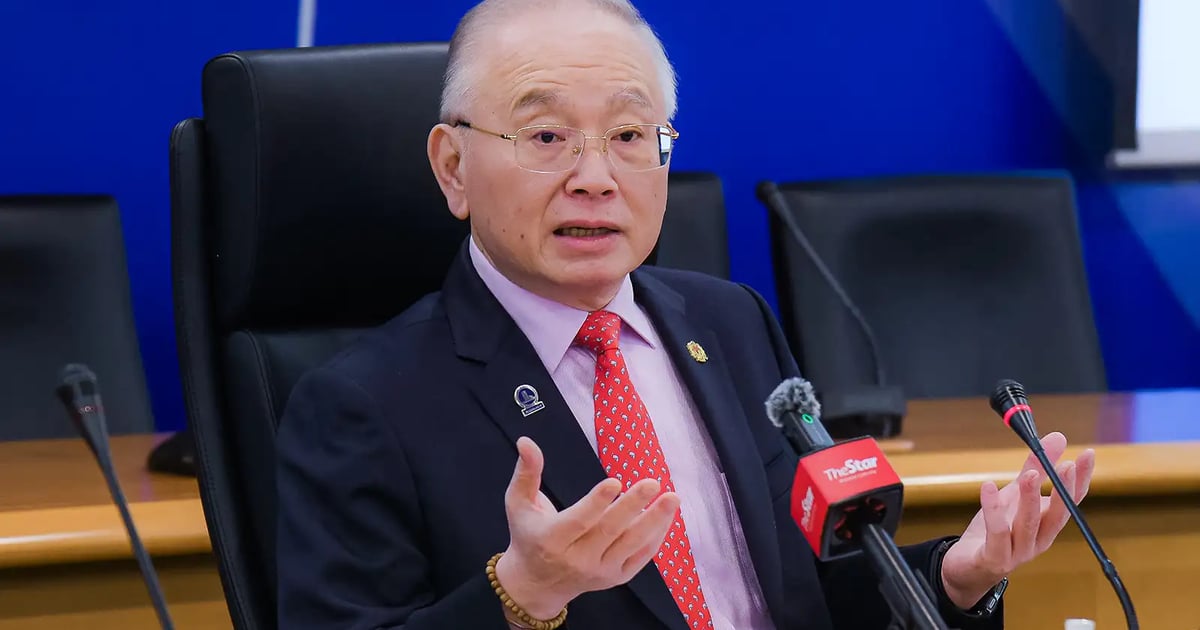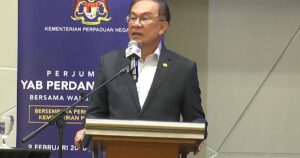
The “internationalisation” of public universities must never come at the cost of equal access for local students, MCA president Wee Ka Siong said.
This comes after DAP MP Howard Lee urged Wee to apologise for claiming that an influx of students from China was limiting opportunities for local students to enter Malaysian public universities.
Lee had accused the Ayer Hitam MP of trying to portray himself as a hero for the Malaysian Chinese community.
Responding to Lee’s remarks, Wee said the core of the issue was not race, but “access, equity, fairness and accountability”.
“I have openly expressed my support for internationalisation. It is vital for Malaysia’s higher education sector to be globally competitive.
“However, internationalisation must be done with clear policy direction and a principled framework that distinguishes between postgraduate-level international recruitment versus first-degree enrolments.
“Without such clarity, we risk sending mixed signals to our citizens and the international community,” he said.
Wee had claimed in the Dewan Rakyat earlier that more students from China were gaining admission into public universities than Malaysians because the Chinese could afford it.
He told Lee it was not fair that tax-paying Malaysians whose children aspire to enter public universities now face dwindling opportunities while universities “expand revenue-generating international intakes through non-transparent mechanisms”.
MCA had also recently called for a suspension of Universiti Malaya’s MBBS intake for the 2025/2026 session until the higher education ministry reviews its admissions mechanism.
A position paper launched by Wee said the apparent selectiveness in UM’s student admissions raised questions about meritocracy in the process.
The party said the availability of the two parallel channels reinforced inequality as lower-income students could only apply through UPU, while those with funds could afford Saluran Terbuka Universiti Malaya’s (Satu) higher open channel fees.
“Is it fair that universities commercialise the open channel intake to fellow Malaysians with extremely high tuition fees – RM400,000 to RM500,000 versus RM15,000 to RM200,000 for a five-year MBBS course?
“When we raise these questions, the right response is not to deny, deflect or demonise, but to reform,” said Wee.
Yesterday, higher education minister Zambry Abdul Kadir denied allegations that an influx of students from China was limiting opportunities for local students to enter public universities.
He said the government has never sacrificed local student quotas to make room for international students for the sake of greater profits.






